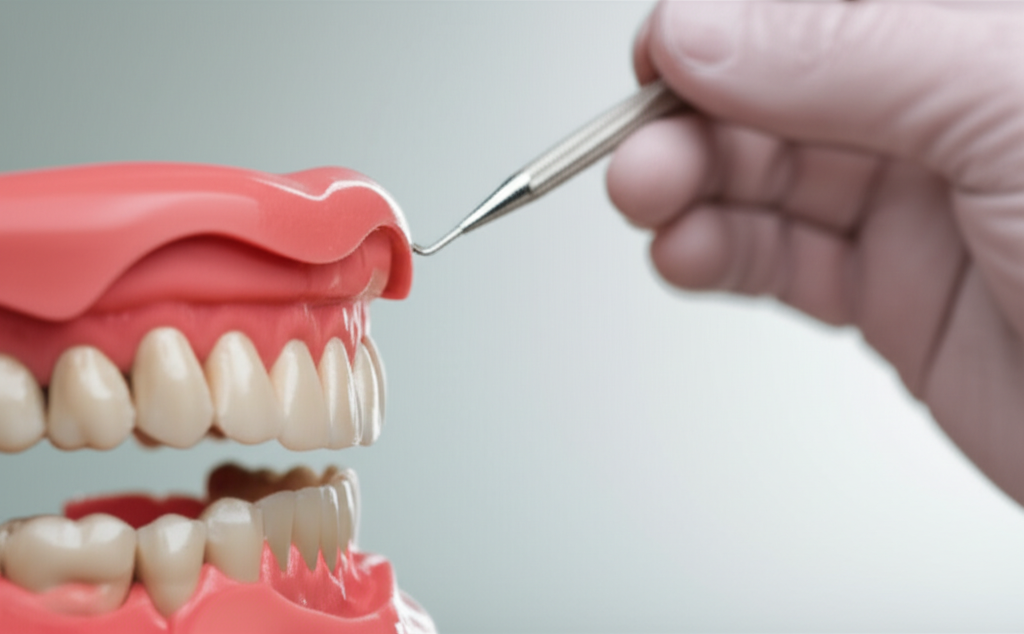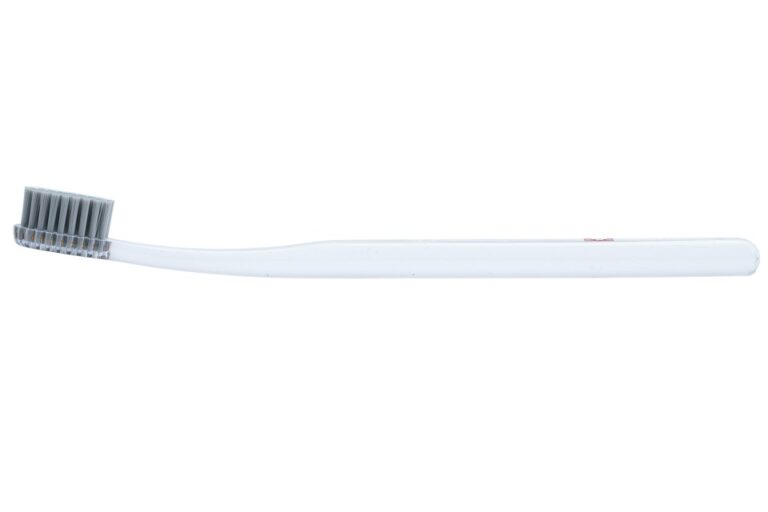
Does Minnesota Medical Assistance Cover Dental Implants? Your Friendly Guide to Coverage, Options, and Next Steps
Ever looked at your empty smile in the mirror and wondered, “Could medical assistance help me get dental implants?” If so, you’re definitely not alone—and you deserve a clear, caring answer. Losing teeth can change how you eat, talk, and even how you feel about yourself. It’s normal to hope for a replacement that feels just like your own teeth. But the truth is, dental implants can cost a lot, and figuring out if Minnesota Medical Assistance (MA)—our state’s Medicaid program—will help pay for them isn’t always simple.
So, let’s talk through your big question: Does Minnesota Medical Assistance cover dental implants? We’ll explain everything in easy words, with no confusing talk. Whether you’re missing one tooth or several, this guide will show you your choices, who can get help, and what steps to take next. Let’s help you feel sure and strong about your smile!
What We’ll Cover
- What Is Minnesota Medical Assistance (MA) and How Does It Work?
- Which Dental Services Does MA Cover?
- The Real Story: Does MA Pay for Dental Implants?
- How to Request Coverage—And What Happens If You’re Denied
- Covered Alternatives to Dental Implants
- How to Find Affordable Dental Help in Minnesota
- Key Takeaways and Your Next Steps
What Is Minnesota Medical Assistance (MA) and How Does It Work?
Let’s start at the beginning, because, honestly, insurance words can get tricky fast.
Minnesota Medical Assistance (often called MA or Minnesota Medicaid) is a government health insurance plan. It helps people with low incomes, seniors, kids, and people with disabilities, and pays for many kinds of health and dental care. The Minnesota Department of Human Services (DHS) runs the program, but most people get their coverage through a Managed Care Organization (MCO), sometimes called a PMAP plan.
Dental care through MA is mostly about basics—think checkups, cleanings, fillings, taking out bad teeth, and simple tooth replacements like dentures. MA tries to keep your mouth healthy and fix urgent problems. When it comes to things seen as “cosmetic” or “optional”—like dental implants—the rules get tight.
Let’s look at what MA thinks is really “important.”
Which Dental Services Does MA Cover?
MA’s dental coverage comes in a few main groups:
Preventive Services
- Regular checkups and exams
- Basic cleanings
- X-rays to find problems early
- Fluoride treatments for stronger teeth
- Sealants (mostly for kids)
Restorative and Surgical Services
- Fillings for cavities
- Pulling teeth that can’t be fixed
- Some root canal treatments
- A few crowns (mainly for front teeth, and only if really needed)
- Treating infections or bad mouth injuries
Prosthodontics (Replacing Missing Teeth)
- Full dentures (when most or all teeth are gone)
- Partial dentures
- Some help with fixing dentures
For Kids and Adults:
Here’s the tough part. Children (under 21) usually get more dental help—because their healthy growth matters so much. Adults see more limits, especially for anything extra, like implants, bridges, or special crowns.
“Medical Necessity” Is the Gatekeeper
You’ll see this term a lot—medical necessity. MA pays only if your treatment is really needed to keep you healthy, stop serious problems, or treat birth problems (pretty much, something you really need, not just want). The insurance team looks for proof that the treatment is your only real option.
The Real Story: Does MA Pay for Dental Implants?
Let’s get to your big question: Does Minnesota Medical Assistance ever pay for dental implants?
Short Answer:
Almost never. Implants are hardly ever paid for by MA, especially for adults. Most of the time, dental implants are labeled as:
- Cosmetic (for how you look)
- Optional (not absolutely needed)
- Very expensive (compared to other choices)
Rare Exceptions: MA Will Consider Dental Implants ONLY if…
MA’s rules leave a tiny window open—just for a few special cases. Here are the main exceptions:
- Birth Problems: You were born missing some teeth or bone, and nothing else (like dentures or bridges) works for you.
- Major Injury or Cancer: You lost teeth and a lot of jaw bone from a bad accident or from cancer treatment—again, only if dentures or bridges just do not work and you need implants in order to eat or talk.
- Other Serious Medical Problems: For example, a disease or problem that needs an implant because even the best dentures would cause you big health problems.
Even in these cases—and this is important—you (and your dentist) must show:
- Clear, solid proof from exams and X-rays
- Written reports proving that nothing else will protect your health or help you eat or talk
- That you’re not just looking for a nicer smile
You Must Get Prior Authorization
Nothing in this process happens automatically. Before anything is done, your dentist must send in a detailed “prior authorization” to your MA plan (how to do this is below). Most first requests get denied—unless you’ve sent in a lot of proof and made it clear this is your only real health option.
Why So Strict?
Insurance companies (and the state) have to balance the high price of big treatments—like implants—against what they give back to your health. Because dentures and bridges usually let you chew and talk, MA mostly sticks to those cheaper options.
If you are hoping for an implant just because of a missing tooth, or you don’t like how dentures feel, MA almost surely won’t pay. These rules are firm, and not even your dentist can get around them.
How to Request Coverage—And What Happens If You’re Denied
Feeling like you’re facing a mountain? If you honestly think your situation might be one of those rare ones, here’s what you need to do:
1. Work With Your Dentist
Start by seeing your dentist—one who knows how Minnesota Medical Assistance works. Your dentist will check your mouth, take needed pictures, and gather proof.
2. Put Together Your Paperwork
It’s not quick or easy. You’ll need:
- Doctor records
- X-rays or jaw scans
- Written reasons for why nothing else will work
- A full plan of what dental work is needed
3. Send In for Prior Authorization
Your dentist (not you) sends all this to your managed care company (PMAP) or straight to the Minnesota Department of Human Services (if you have “straight” MA).
4. Wait for the Answer
This can take weeks. The odds? If the request isn’t for a birth problem, bad injury, or cancer, it almost always gets turned down the first time.
5. Know How to Appeal
If you get a “no” (which is likely), you can appeal. You will need to:
- Ask your plan for a formal appeal
- Send even more proof, and sometimes go to a state hearing
It’s tough, and most appeals only win for truly special health needs.
Covered Alternatives to Dental Implants
If dental implants aren’t really possible under MA, what can you get? Don’t lose hope—you do have real choices to help you smile and chew.
1. Full and Partial Dentures
This is by far the most common choice. MA pays for full (all teeth) and partial (some teeth) dentures if you need them to eat or talk.
- Pros: Cost less, paid for by MA, help you chew and look better.
- Cons: Can take time to get used to, might feel loose, need fixes later.
2. Dental Bridges
Bridges are fixed pieces that fill a space, held in place by teeth on both sides.
- Pros: Feel more like real teeth; don’t come in and out.
- Cons: Not always paid for every area, needs strong nearby teeth, and bridges can wear out.
3. Extractions and Space Savers
If a tooth is too bad to be fixed, MA will often pay to remove it, and sometimes give a “space saver” to kids so other teeth come in right.
4. When Will MA Choose Each One?
It’s always about getting you back to basic talking and eating. Dentures and bridges usually do enough, so MA picks them first.
If you want to see how these replacements are made, some dental ceramics labs can explain the steps.
How to Find Affordable Dental Help in Minnesota
Let’s be real: Even with MA, finding a dentist—or paying for new teeth—can feel hard. But you still have ways to get help.
Find a Dentist Who Takes MA
- Try the MA Directory: The Minnesota DHS has a list of dentists who take MA. You can check your managed care plan’s website or call the DHS.
- Call Local Dentists: Not all places make it clear they take MA. Call around and ask, “Do you take Minnesota Medical Assistance for dental?”
Low-Cost or Free Dental Care
- Dental Schools: For example, the University of Minnesota dental school lets students (supervised by dentists) do care for less money—good for more complicated treatment, sometimes for implants if you pay out-of-pocket.
- Community Health Centers: Many clinics charge on a sliding scale, based on your income.
- Charity Events: Some groups have “free dental days” or clinics for people without coverage.
- Grants and Payment Help: These are rare, but a few charities offer money for dental needs or help you break up the cost into payments.
Other Money-Saving Tips
- Payment Plans: Lots of offices let you pay in small chunks for dentures, bridges, or even some of the cost of implants if you pay yourself.
- Look for Volunteer Studies: Dental schools sometimes need volunteers for training, including implants—you could pay much less if you join.
Key Takeaways and Your Next Steps
We’ve covered a lot! Here’s what to remember:
- Minnesota Medical Assistance almost never pays for dental implants for regular tooth loss. Only for rare, truly needed reasons (like bad injury or birth problems), and only with strict pre-approval.
- Most people with MA get dentures or sometimes bridges covered as the main way to replace teeth.
- Getting MA to pay for implants means lots of paperwork, lots of waiting, and almost always a “no” the first time. You can appeal, but it’s not easy.
- You still have ways to get dental care without implants: dental schools, clinics, and charities may cut your costs.
- Always talk openly with both your dentist and your MA case worker or plan helper. Ask questions, get a clear answer before you commit.
Bottom line: Dental implants are great, long-lasting replacements, but for most people with Minnesota Medical Assistance, they’re not likely unless your case is truly special. Don’t give up—you still can get help to fix your smile, chew well, and feel your best.
Frequently Asked Questions About Dental Implants and Minnesota MA
Q: Can adults on Minnesota Medicaid ever get dental implants?
A: Only in very rare, serious cases—like birth problems, cancer, or very bad injury—not just for one missing tooth. Your dentist must do a lot of work to try.
Q: Should I try to appeal a denial?
A: Only if you have a very special, well-documented health need. Most regular tooth replacement appeals lose.
Q: Does MA cover implant-supported dentures?
A: Only if you meet the strict health rules for implants above (very rare).
Q: What about bridges?
A: Sometimes bridges are paid for, mostly for front teeth or if dentures won’t work, but your dentist still must explain why.
Q: Are there other ways to get teeth replaced in Minnesota?
A: Yes! Try dental schools, removable denture labs, community clinics, or charities for cheaper options than regular dental offices.
Empowering Next Steps for Your Smile
Want to learn more about caring for your teeth? Take a look at these useful articles on teeth health and dental care. The more you know, the stronger you’ll feel!
Remember: No dental insurance is perfect, but you’re not alone. By learning your choices with Minnesota Medical Assistance, you’re taking charge of your teeth and your smile—one smart step at a time.
Smile on!








